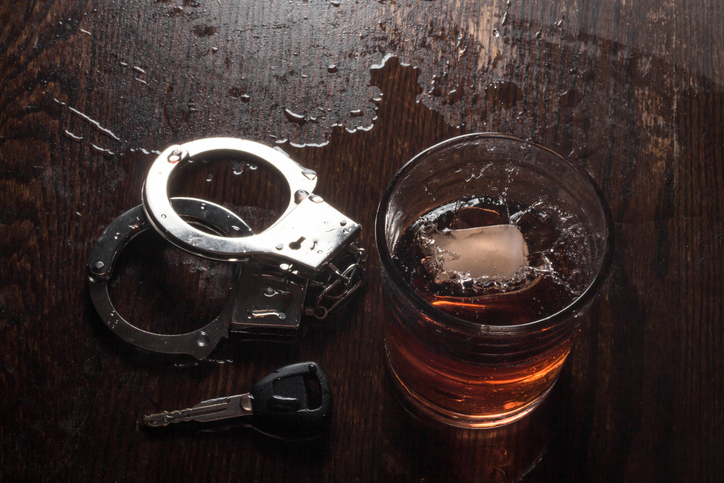
Certain vehicular offenses may be eligible for expungement in Minnesota. Changes made to the law this past year make it easier for individuals to expunge criminal records. Doing so makes it easier for individuals to seek employment opportunities, pursue careers, purchase homes, and many other activities.
Changes to the law mean that individuals can have records expunged if the following conditions are met.
DWI – Most DWI offenses are treated as misdemeanors. A first-time offense is considered a 4th degree misdemeanor. These are eligible for expungement under the changes made to the law this past year.
“Wet Reckless” – Sometimes, a DWI is plea bargained down to reckless driving with alcohol involved. These offenses go on a criminal record, but can be expunged following the completion of any probationary period or treatment program ordered by the court.
Car Theft – Auto theft can be expunged if the value of the vehicle was less than $5,000.
Controlled Substances – Fifth degree possession of small amounts of marijuana or other drugs.
There are many petty misdemeanor, misdemeanor, and felony driving offenses that qualify for expungement under Minnesota’s new laws. A car accident lawyer in Minnesota can help determine whether an individual’s record may be expunged.
The expungement process begins by completing the Criminal Expungement Forms and paying the filing fees. A fee waiver may be granted for individuals who have an inability to pay.
In many cases, the court will schedule a hearing wherein the individual has an opportunity to state their reasons for expungement. Whether the court will request a hearing depends on many factors including the seriousness of the offense. The government may object to the request for expungement at the hearing, but that does not mean the request is denied.
If the government objects, it is up to the individual and their car accident lawyer to address the State’s concerns, at which point the judge will determine whether the offense falls within guidelines for expungement and whether the individual has met all the necessary requirements to have the request granted. From start to finish, the process can take between 2 to 6 months.